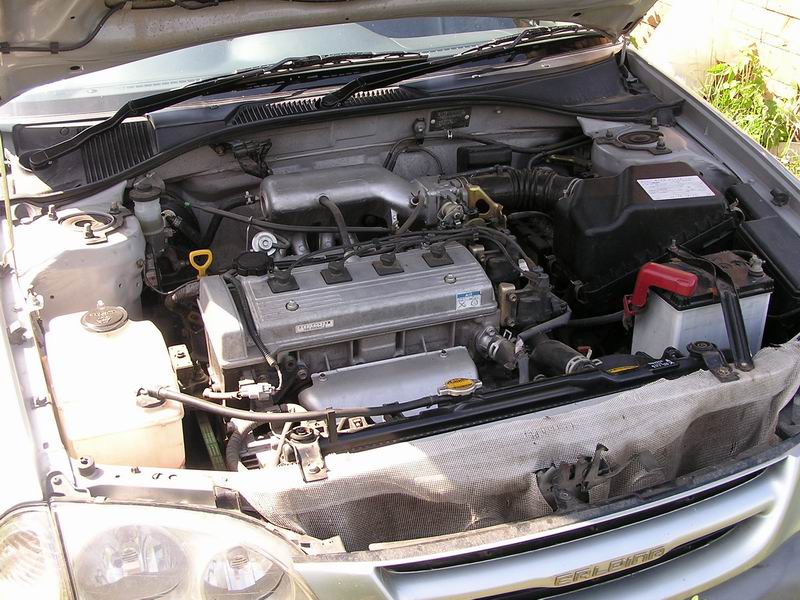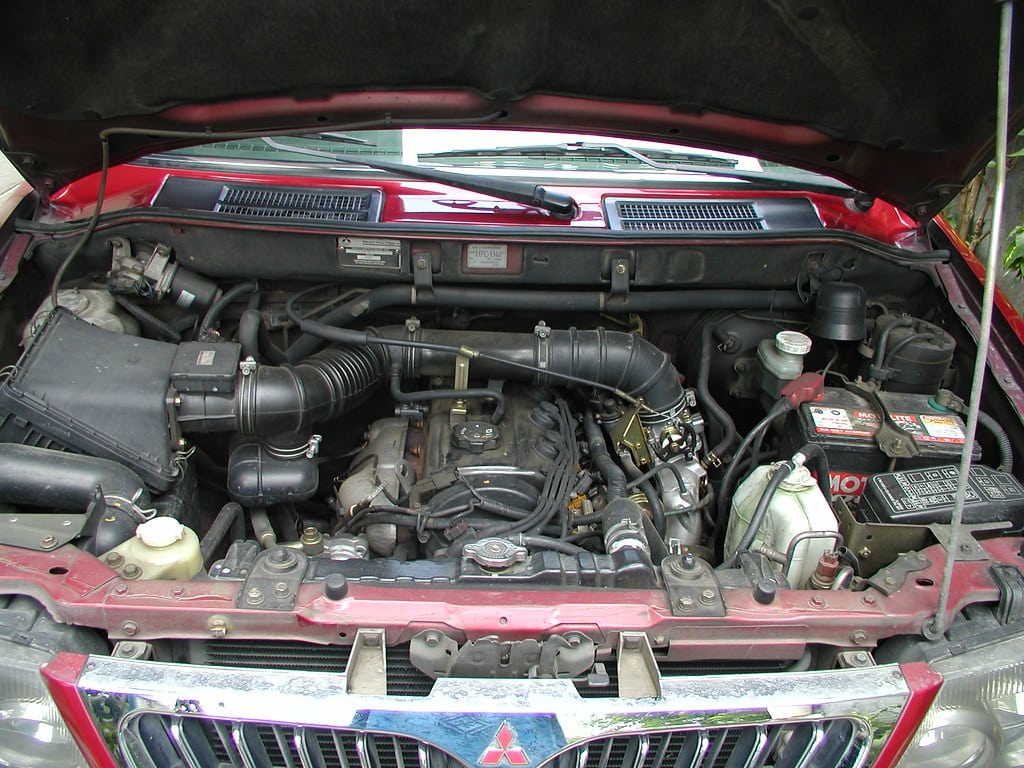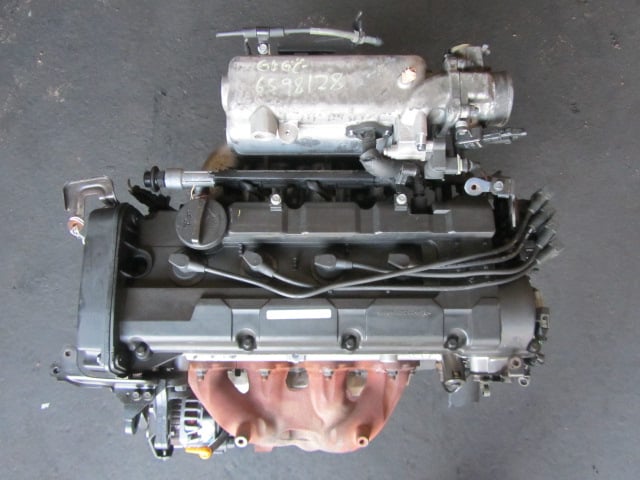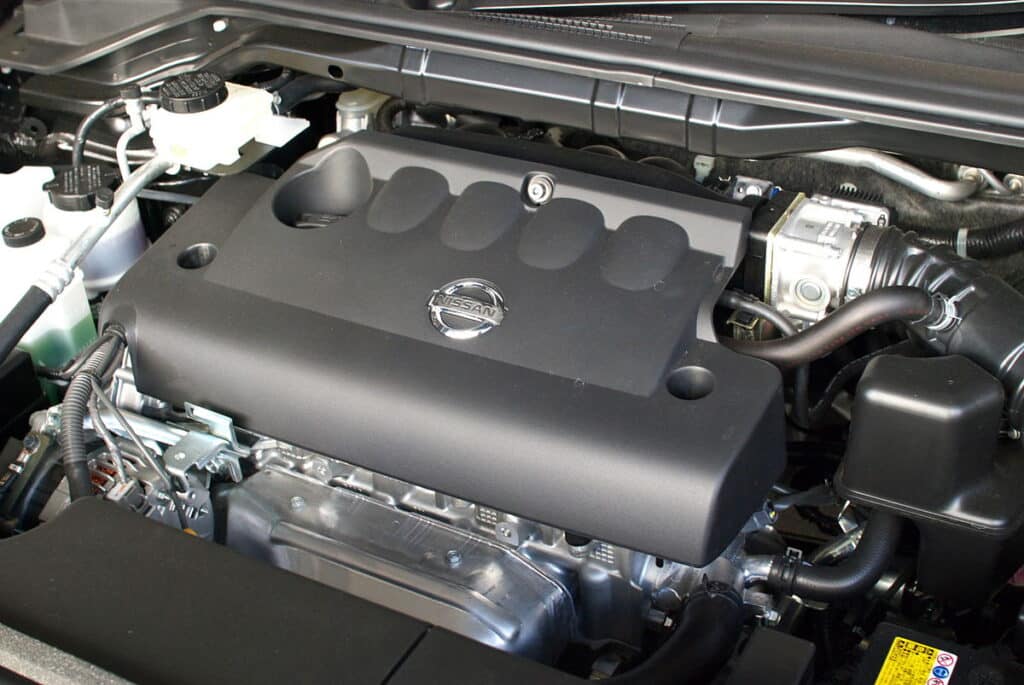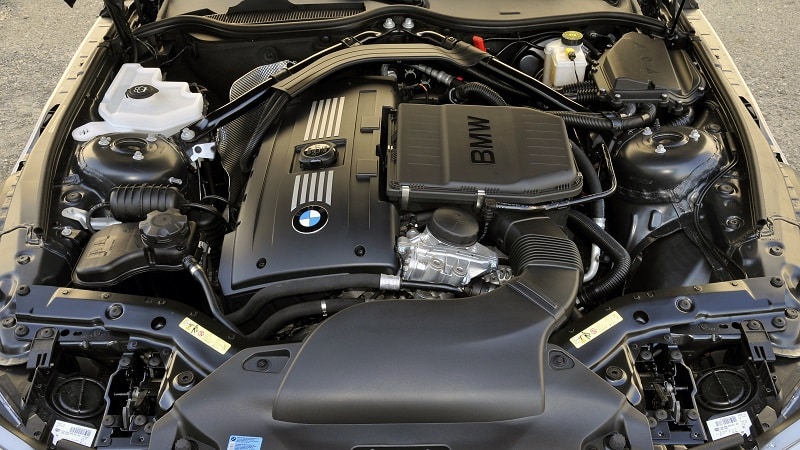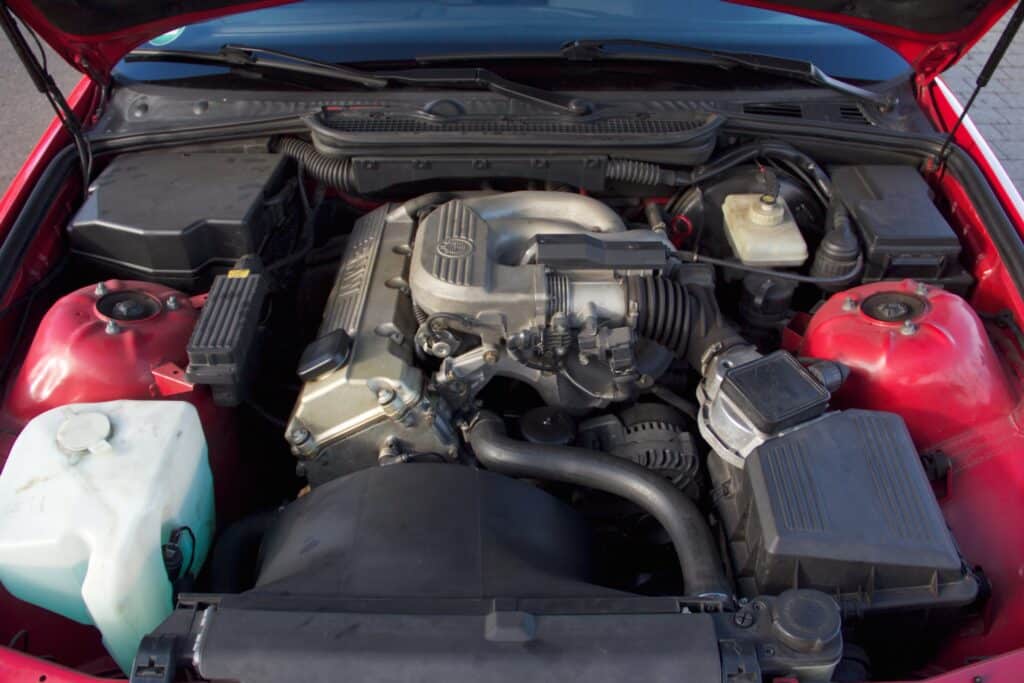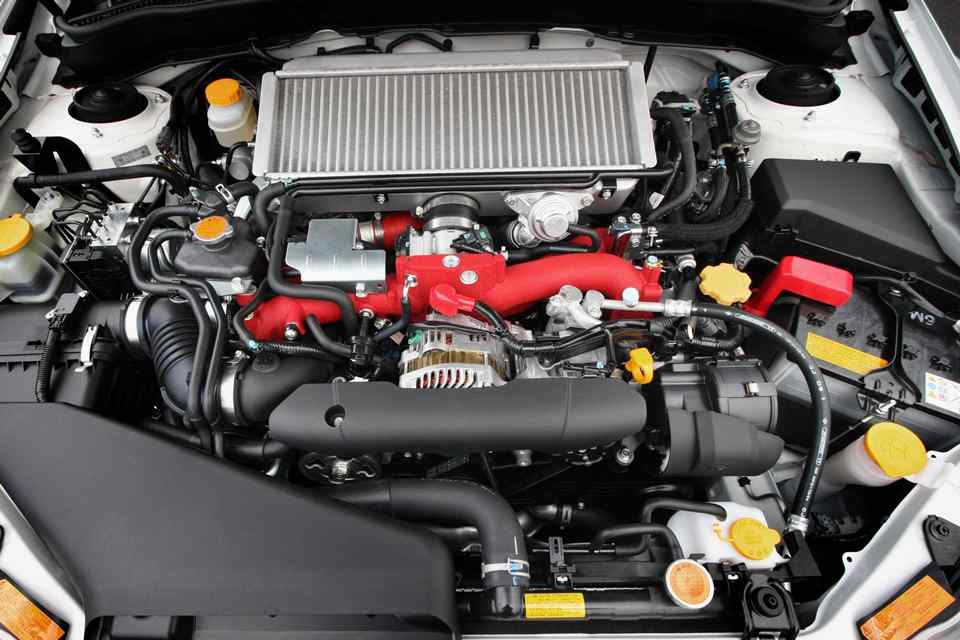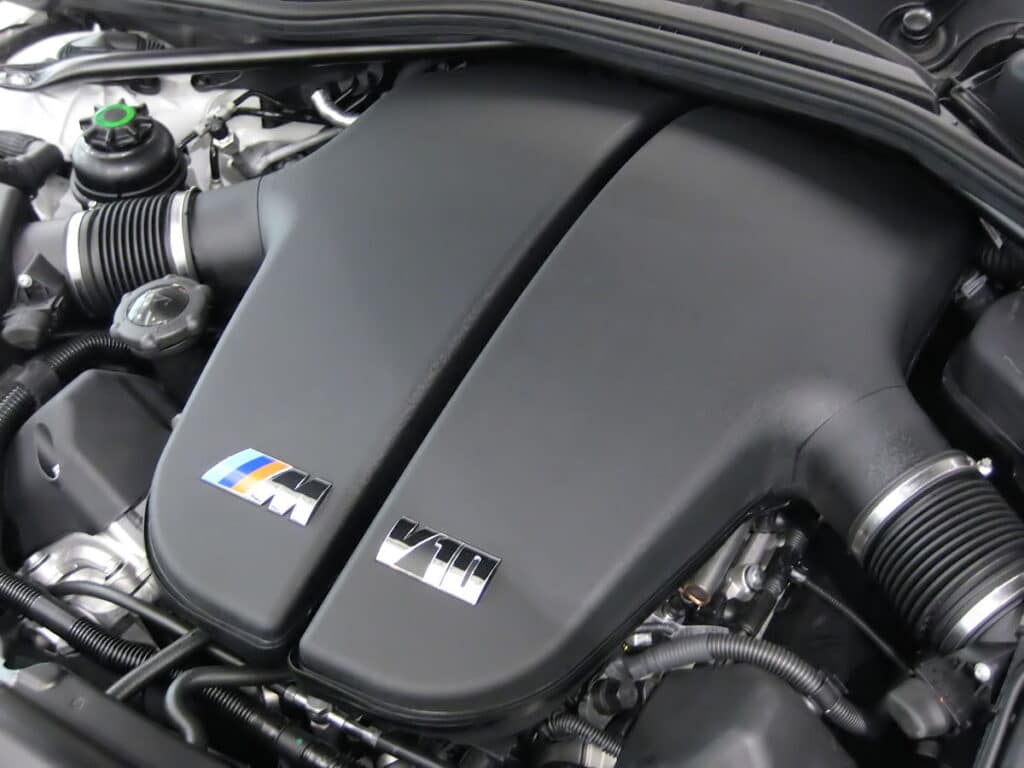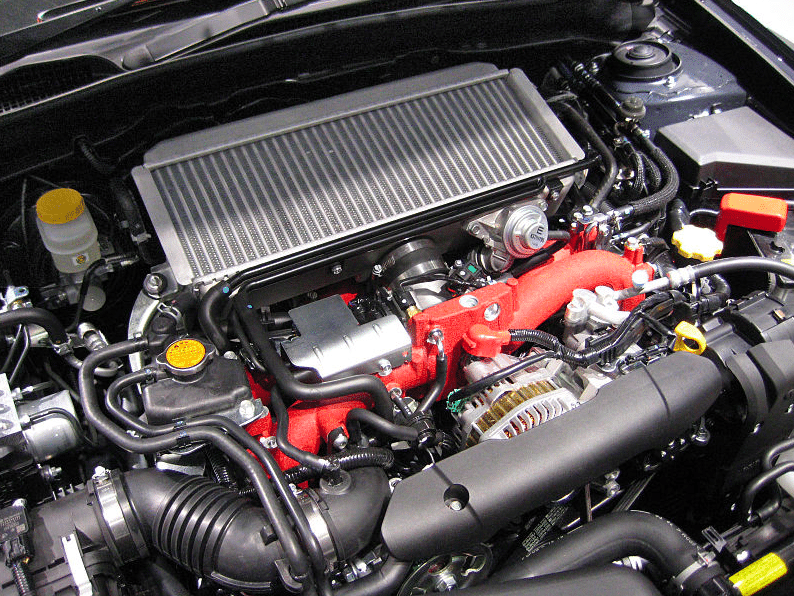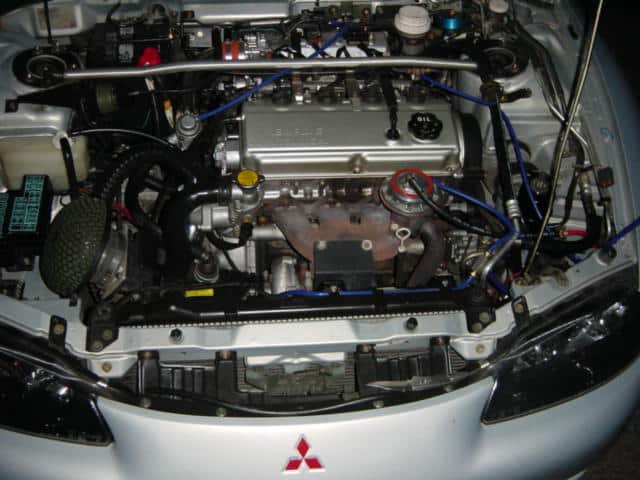When it comes to automotive engines, diesel has long been a popular choice for its unique characteristics and numerous advantages. Diesel engines are widely used, from heavy-duty trucks and commercial vehicles to passenger cars and even generators.
In this article, we will explore their benefits, focusing on their efficiency, power output, longevity, and environmental performance.
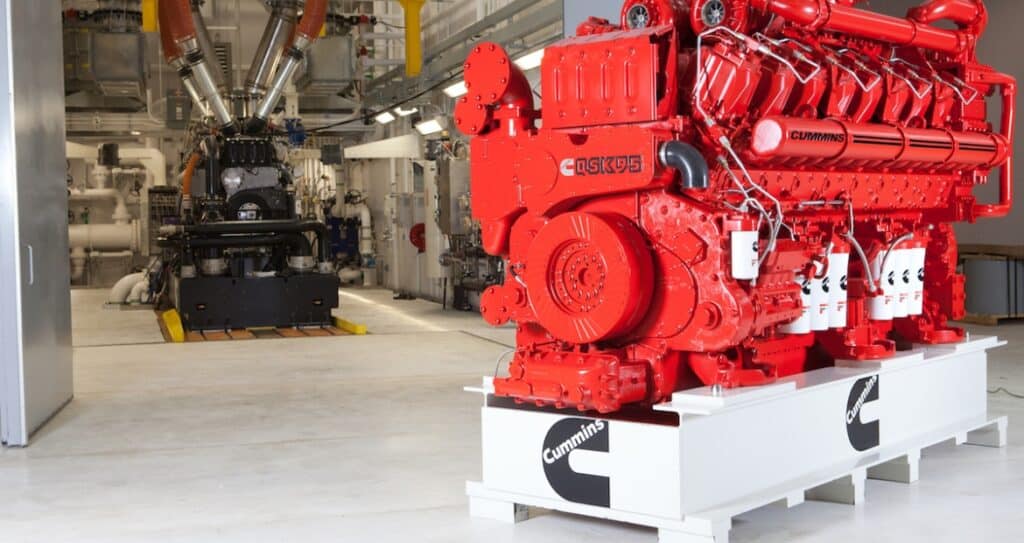
Superior Fuel Efficiency
One of the primary selling points of diesel engines is their exceptional fuel efficiency. The fuel contains a higher energy density compared to gasoline, resulting in better mileage and lower fuel consumption. Cummins engines leverage this efficiency advantage, delivering excellent mileage along with reduced fuel consumption. This makes them a preferred choice for long-haul trucking, commercial fleets, and heavy equipment.
This efficiency is due to the higher compression ratios and the inherent combustion properties of diesel fuel. As a result, these engines typically achieve 20-30% better fuel economy than their gasoline counterparts, making them an attractive option for long-distance driving, commercial transportation, and heavy machinery operations.
The improved fuel efficiency translates to significant cost savings over time, especially for businesses that rely on large vehicle fleets. For those looking for a new diesel engine, DPF Parts Direct has Cummins engines for sale on their site.
Increased Power and Torque
Diesel engines are renowned for their robust power delivery and high torque output. The combustion process involves compressing the air-fuel mixture to a high pressure, which leads to spontaneous ignition. This compression ignition enables them to generate more power and torque compared to gasoline models of similar size. The higher torque output makes diesel engines ideal for towing heavy loads, hauling cargo, and powering large vehicles.
The abundance of low-end torque also contributes to better acceleration and improved performance in challenging driving conditions. The exceptional power and torque provide a sense of confidence and capability to drivers, particularly those who require high-performance vehicles for their work or recreational activities.
Durability and Longevity
Another notable benefit of these engines is their durability and longevity. They are built to withstand high compression ratios, heavy loads, and prolonged operation. The robust construction and heavier components make them more resistant to wear and tear, leading to increased longevity. With proper maintenance and regular servicing, these engines can often outlast gasoline engines by a significant margin.
This durability makes them a preferred choice for commercial fleets, where reliability and long-term cost-effectiveness are crucial factors. Moreover, the longevity of diesel engines contributes to their higher resale value, providing an additional financial benefit to owners.
Lower CO2 Emissions
While diesel engines have traditionally been associated with higher emissions of pollutants such as nitrogen oxides (NOx) and particulate matter (PM), advancements in technology have significantly reduced these emissions. Modern diesel engines incorporate advanced exhaust after-treatment systems, such as selective catalytic reduction (SCR) and diesel particulate filters (DPF), which effectively minimize harmful emissions.
Additionally, diesel fuel contains a higher energy content, resulting in lower carbon dioxide (CO2) emissions per unit of fuel burned. This reduced CO2 footprint makes diesel engines a greener alternative in terms of greenhouse gas emissions, especially when combined with improved fuel efficiency. The continuous development of cleaner diesel technologies further enhances their environmental performance, ensuring compliance with stringent emissions standards.
Better Resale Value
Due to their reputation for durability and longevity, diesel-powered vehicles often retain their value better than their gasoline counterparts. The robust construction, higher torque output, and improved fuel efficiency make diesel vehicles desirable in the used car market.
Additionally, diesel engines are commonly found in trucks, SUVs, and other vehicles used for towing and heavy-duty applications, which tend to have higher resale values. Investing in a diesel-powered vehicle can result in better long-term value retention, making it an attractive option for those looking for a reliable and cost-effective vehicle.
Versatility and Adaptability
Diesel engines offer a high level of versatility and adaptability, making them suitable for a wide range of applications. They can efficiently power various types of vehicles, including cars, trucks, buses, and even marine vessels.
Additionally, diesel engines are commonly used in industrial and agricultural machinery, construction equipment, and power generators. Their ability to operate reliably in diverse conditions, including extreme temperatures and high altitudes, makes them a popular choice for both on-road and off-road applications.
The adaptability of diesel engines ensures that they can meet the demanding needs of different industries and sectors, further enhancing their appeal and practicality.
Conclusion
Diesel engines offer a range of benefits that make them a preferred choice for various applications. Their exceptional fuel efficiency, increased power and torque, durability, lower CO2 emissions, and better resale value are factors that make diesel engines stand out.
Whether it’s for commercial use or personal transportation, diesel engines continue to deliver on their promise of efficiency, power, and longevity.

